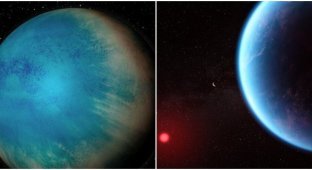Scientists have calculated when an explosive greenhouse effect will occur on Earth (7 photos)
Scientists have modeled the "explosive greenhouse effect" - a sharp increase in the planet's temperature - and said it could turn the Earth into an uninhabitable place in just a few hundred years. 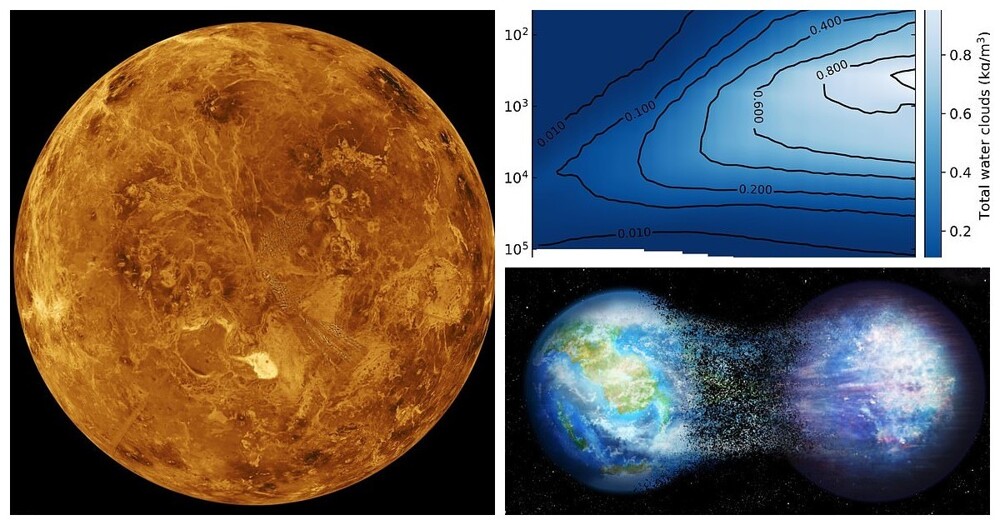
Hollywood has made many films about the end of our world - from Armageddon to The Day After Tomorrow. Now, a new study has provided a terrifying look at the future of our planet, and it doesn't look pretty.
Researchers have modeled the "explosive greenhouse effect" - a sharp increase in temperature on the planet. They worry that Earth could soon become an "uninhabitable hell" like our neighboring planet Venus. And they predict that the greenhouse effect on Earth could occur in just a couple of hundred years or even earlier. 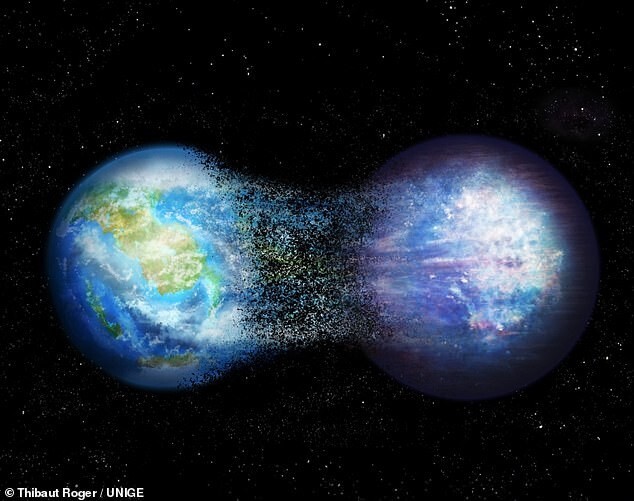
The accelerated development of the greenhouse effect could turn a planet with a temperate climate and a liquid water ocean on the surface into a planet dominated by hot steam, hostile to all life (artistic interpretation).
The new study was carried out by astronomers at the University of Geneva (UNIGE) in collaboration with the French CNRS laboratories in Paris and Bordeaux. They warn of the “evaporation of the entire surface ocean” of the Earth and a “dramatic rise in global surface temperatures.” 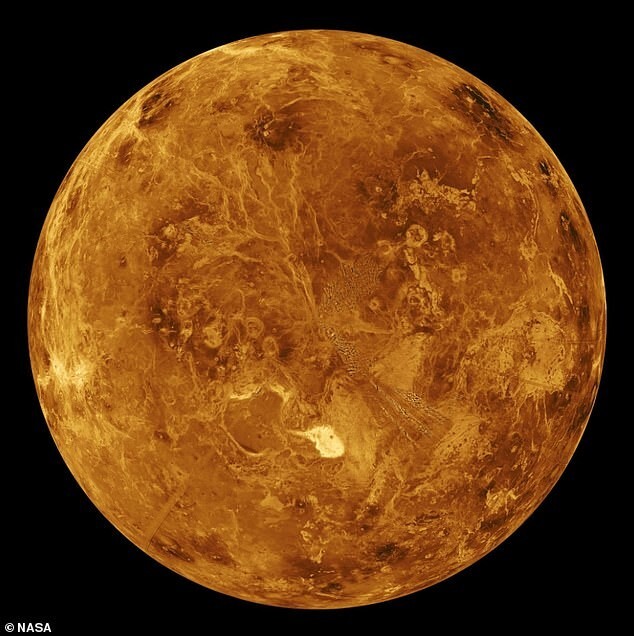
Today, Venus is the warmest planet in the solar system, with a surface hot enough to melt lead and a thick atmosphere containing toxic clouds of sulfuric acid.
The explosive greenhouse effect is a process in which a positive feedback between surface temperature and atmospheric opacity increases the strength of the greenhouse effect on a planet until its oceans evaporate. Such a process is believed to have occurred early in the history of Venus.
“This climate-unstable transition separates two populations of planets—temperate ones and hot ones following the explosive greenhouse effect,” the study says. “Understanding the mechanism of the explosive greenhouse effect is key to assessing the difference in the evolution of Venus and Earth.”
Venus is called Earth's "evil twin" because it is also rocky and about the same size, but its average surface temperature is 465°C. Thanks to its dense atmosphere, Venus is even hotter than Mercury, although the latter orbits closer to the Sun. The rocky planet is not only inhospitable, but also sterile - its surface is hot enough to melt lead and contains toxic clouds of sulfuric acid.
Even from Earth, Venus is the brightest thing in the night sky other than the Moon, and can be identified by its slight yellowish tint. Thus, it serves as a clear warning to us of what could happen to the planet. 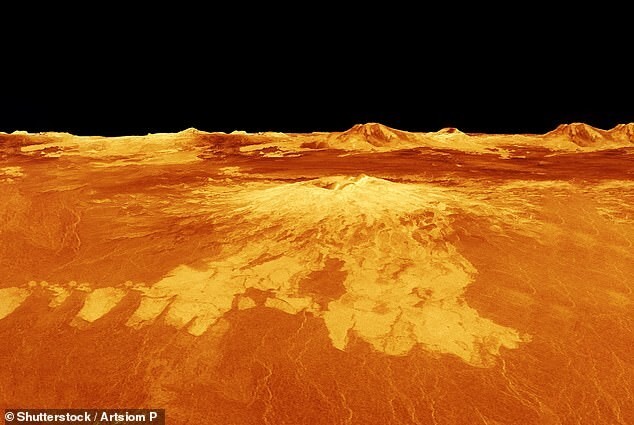
Thanks to its dense atmosphere, Venus is even hotter than the planet Mercury, although the latter orbits closer to the Sun.
Global warming is usually blamed on carbon dioxide and methane, but the study's authors argue that water vapor may actually be causing the greenhouse effect on Earth. The world is already warming due to emissions of carbon dioxide and methane, and this is causing more water vapor in the atmosphere due to evaporation of the oceans. And although many people don't know it, water vapor is a naturally occurring greenhouse gas. It prevents solar radiation absorbed by the Earth from escaping into the void of space, trapping heat “like a safety blanket.”
The greenhouse effect further increases the evaporation of the oceans and, in turn, further increases the amount of water vapor in the atmosphere - creating a catastrophically rapidly growing spiral.
“There is a critical threshold of water vapor beyond which the planet can no longer cool,” says lead author Guillaume Chavereau. “Then everything continues to escalate until the oceans evaporate completely and the temperature reaches several hundred degrees.”
Using new climate models, scientists have calculated that a very small increase in solar radiation will lead to an increase in Earth's global temperature of just a few tens of degrees. However, this will be enough to trigger an irreversible process on Earth and make our planet as inhospitable as Venus, they say. 
Researchers believe that evaporation of water in Earth's oceans will create a "greenhouse effect" by trapping more heat from the sun. This is because water vapor is a naturally occurring greenhouse gas. 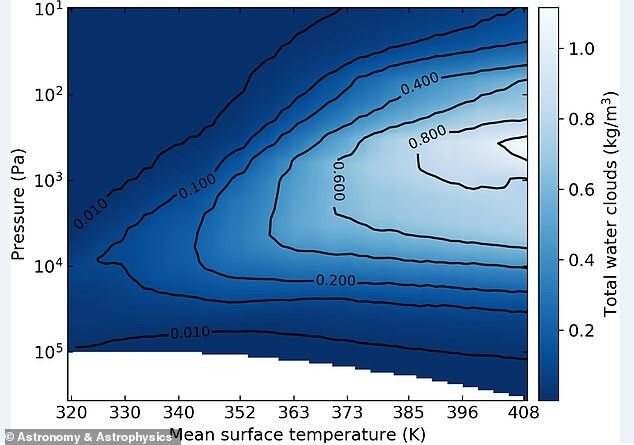
Too much of a greenhouse effect increases the evaporation of the oceans, which increases the amount of water vapor—a natural greenhouse gas—in the atmosphere. 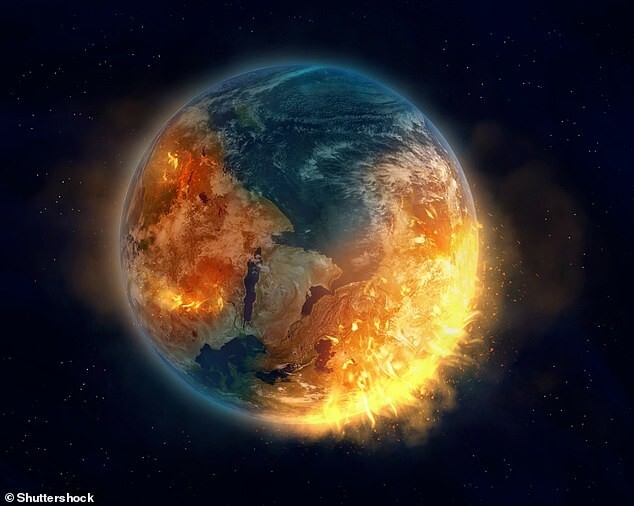
According to researchers, the planet can evolve from a moderate state, like on Earth, to a real hell (artistic interpretation). The Earth is not that far away from this apocalyptic scenario.
The researchers described a three-part process that they say can be applied to any planet with oceans, even those outside our solar system (called exoplanets).
First, if the presence of a liquid surface ocean is initially assumed, an evaporation phase occurs, as a result of which the atmosphere is enriched with water vapor. Second, when the ocean is considered to have completely evaporated, a “dry transition phase” occurs, during which surface temperatures rise sharply. Finally, the evolution ends in the hot and stable “post-greenhouse state” that experts estimate Venus has been in for the last 700 million years.
The study also highlights why information on the temperature of exoplanets, determined by satellites and powerful telescopes, is key to the search for possible intelligent life beyond our solar system. If an exoplanet is too hot, it likely has conditions similar to Venus and may not be habitable.
“By studying the climates of other planets, we aim to determine how suitable they are for life,” says study author Emeline Bolmon.
The research results were published in the journal Astronomy & Astrophysics.












